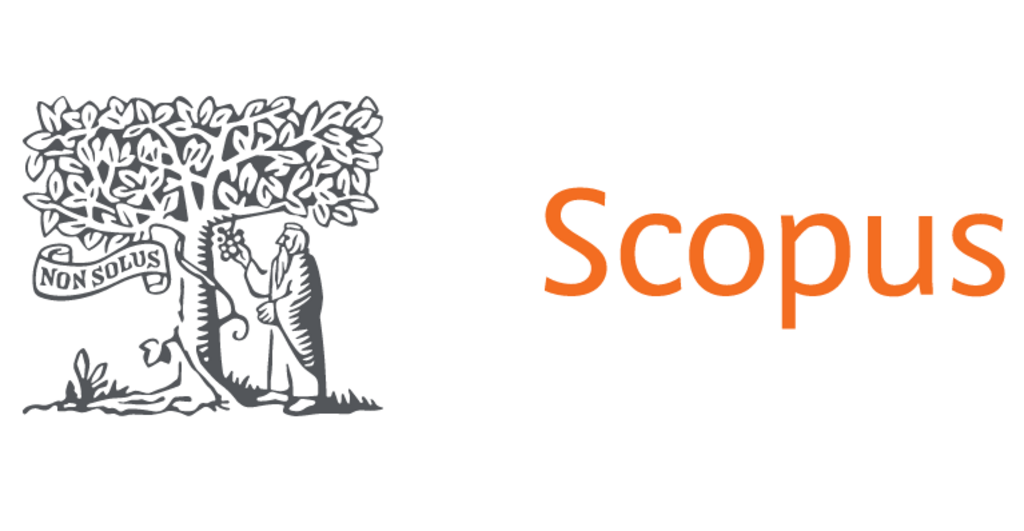Universale e particolare. La Chiesa e i cristiani nella società plurale
Abstract
Sommario: I. Crisi dell’universale. II. Dibattito teologico. 1. Libertà religiosa e orientamento statale. 2. Cristo e le religioni. 3. Sfera politica e sacrale. 4. Realtà terrene e Dio. III. Dibattito filosofico. 1. Dibattito tra neoliberalismo di John Rawls e neocomunitarismo di Alasdair MacIntyre. 2. Etica del discorso di Jürgen Habermas. 3. Teoria del riconoscimento di Paul Ricoeur. 4. Natura e normatività in Francesco Botturi. IV. Note conclusive.
A seguito di alcuni eventi inediti, con l’avvio dell’età moderna si assiste alla messa in discussione dell’universale cristiano, che in età post-moderna conduce alla frammentazione e moltiplicazione dei particolari, almeno in prima istanza difficilmente conciliabili tra loro. La crisi dell’universale ha ricadute rilevanti sulla convivenza civile, composta di soggetti portatori di istanze e mondovisioni differenti, non di rado conflittuali. In questo contesto, teologia e filosofia, poste di fronte al dilemma fra universalismo e contestualismo, sono invitate a riflettere sul nesso che intercorre tra universale e particolare. Diversi sono i temi che impegnano teologi e filosofi nei rispettivi campi d’indagine, nel tentativo di riannodare universale e particolare e suggerire una via alla nuova laicità. Facendo tesoro del prezioso apporto offerto dal pensiero teologico e filosofico, di cui si darà conto, il presente contributo suggerirà alcuni elementi che dischiudano la via che la Chiesa e i cristiani sono chiamati a percorrere per abitare costruttivamente l’odierna società plurale.
Following various epochal events, with the beginning of the modern age we witness the questioning of the Christian universal. In the post-modern age, this leads to the fragmentation and multiplication of particulars that, at least at first glance, remain hardly reconcilable among themselves. The crisis of the universal has significant repercussions on civil coexistence composed of subjects with different stances and worldviews that are often conflicting. In this context, theology and philosophy, placed before the conundrum between universalism and contextualism, are invited to reflect on the bond that runs between the universal and the particular. Different themes occupy theologians and philosophers in their respective fields of inquiry, as both attempt to reassemble the universal and the particular and suggest a way to the new laity. Bearing in mind the precious contribution offered by theological and philosophical thoughts, which will all be accounted for, this paper will suggest some elements that reveal the way by which the Church and Christians are called to travel to constructively inhabit today’s plural society.








